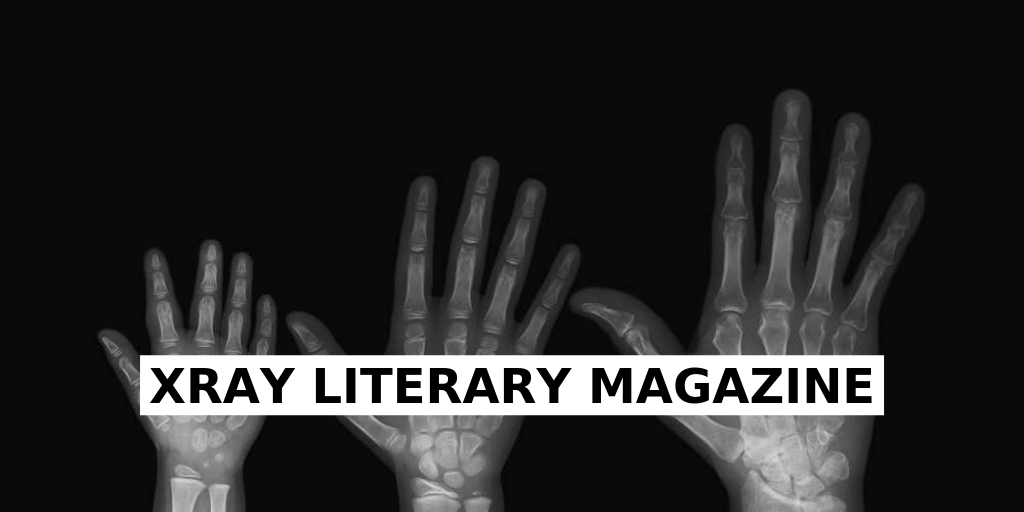We were big, and we were rough, with our tough hands our tough faces our knotted knees caked with dirt our mouthguards we spit into our hands to yell at each other between plays, and we found each other, all the women like us, here, where we could hit each other, were supposed to hit each other—again and again we hit—arms against legs, shoulders into torsos we ripped each other to the ground again and again, this hitting we’d been waiting for our entire lives, this conflict, this violence that our bodies felt like they were meant to do, violence our brothers the guys in the neighborhood the men on our hometown football teams got to do earlier, easier, than us, but we’d earned our hitting—waiting for a time when we, too, could have bodies meant to hit and rip, without mothers sneering without girls in our classes snorting and whispering at us as we lumbered by in the hallways as we crushed everyone in gym class flying around tracks flying up ropes, here in women’s rugby we could hit each other—which was really an excuse to touch each other—over and over again on those long Saturdays, getting up in the morning together shoveling down cereal in the dining hall together taking turns lying back on the athletic trainer’s table to get our knees our shoulders our heads taped up warming up lazily in the September sun tackling hitting touching stripping down to our sports bras after the game to shake our filthy jerseys into the washbag, and then we partied together, still caked in mud dirty and stinking we could be like men then, all day on Saturday, no showers, burgers off the grill no plates no napkins ketchup out of a slobbering bottle we passed around, endless cheap beer in red cups, all those songs, brownies lifted out of cafeteria trays with muddy hands, standing around the courtyard in our filthy rugby socks and sandals, touching each other there at the party we’d been waiting for for years—we were people who hit other people for fun and because we had to, because the more we hit the more being people who hit other people defined who we were—and we’d found each other, finally, and sang until the end of the day when we could finally go to bed with each other, laughing at the men who designed our dorm showers, where we got clean together, in the cold industrial communal reminders of architects and engineers who could never imagine us.
Krys Malcolm Belc is the author of the flash nonfiction chapbook In Transit (The Cupboard Pamphlet) and has had essays in Granta, The Rumpus, Black Warrior Review, and elsewhere, and his work has been anthologized in Wigleaf Top 50 and Best of the Net. He’s the memoir editor of Split Lip Magazine and lives in Philadelphia with his partner and their three young children.

